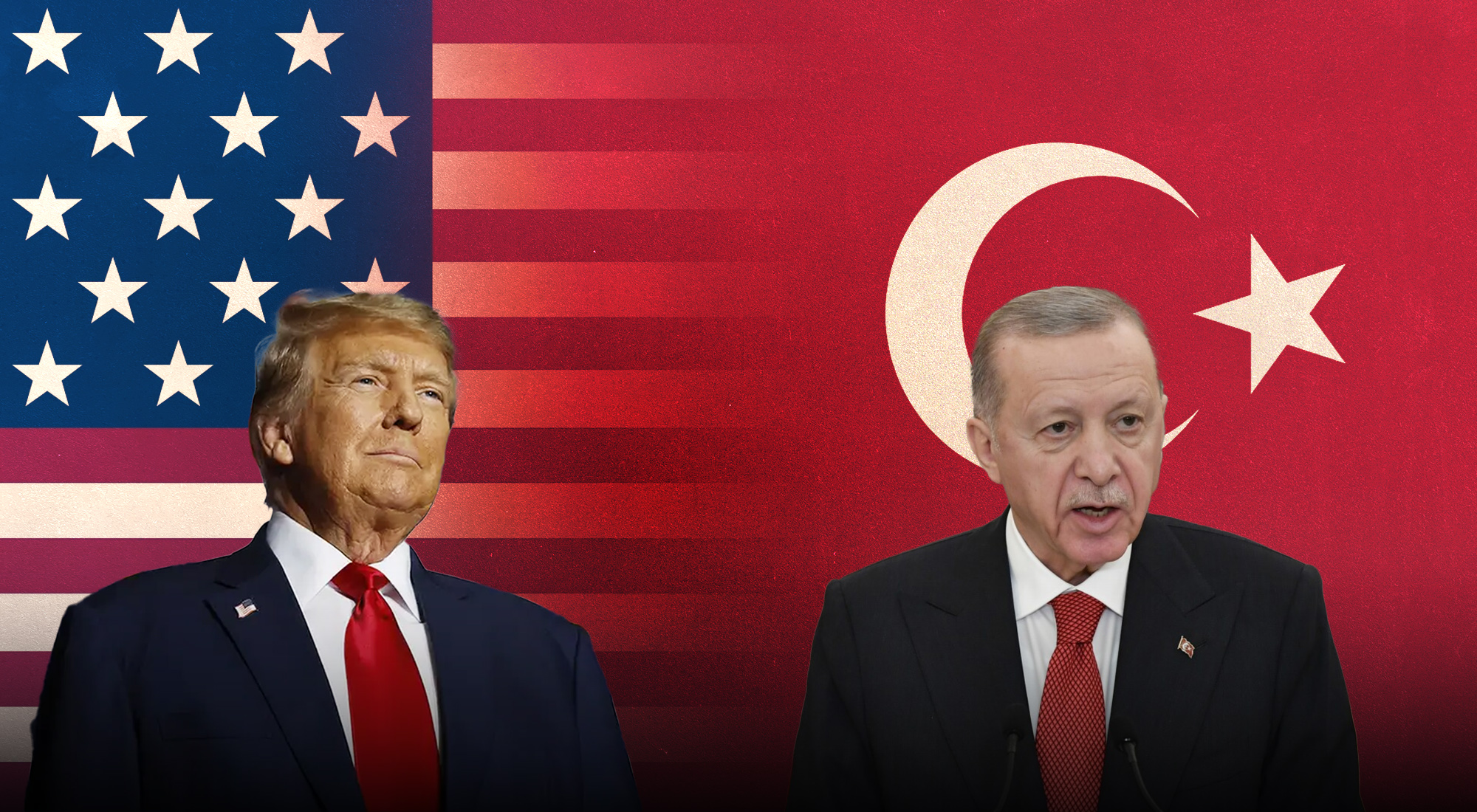Heightened Concerns Over ISIS Resurgence in Syria
With the instability of the Assad regime and increasing violence targeting U.S.-aligned forces, the situation in Syria remains precarious.
As tensions rise after the collapse of the Bashar al-Assad regime, fears about an Islamic State (ISIS) resurgence are growing, particularly in northern Syria. The Syrian Democratic Forces (SDF), the main ally of the United States in the region, is currently facing simultaneous threats from the extremist group ISIS and Turkish-backed forces.
Recent reports from the SDF indicate that five of its soldiers were killed in northern Syria during attacks by Turkish-backed factions. This uptick in violence underlines the complexities that the SDF must navigate in this tumultuous environment as they combat a resurgent ISIS while defending against hostile forces.
The Biden administration’s efforts to broker a cease-fire agreement have seemingly failed, leading to escalating military engagements. National Security Advisor Jake Sullivan recently voiced concerns regarding ISIS’s potential comeback, articulating that the group is adept at exploiting power vacuums. The ungoverned areas in Syria, particularly following the Assad regime’s deterioration, have offered ISIS fertile ground for regrouping.
“Our goal is to support the SDF — the Kurds — in their fight and ensure ISIS remains in check,” Sullivan stated. This dual commitment complicates the already intricate political landscape as the U.S. balances its partnership with the SDF while maintaining relations with Turkey, a NATO ally that perceives the SDF as an extension of the Kurdistan Workers’ Party (PKK), which Turkey classifies as a terrorist organization.
The situation is further complicated by Turkey’s ambitions in the region. Bill Roggio, a senior fellow at the Foundation for Defense of Democracies, expressed valid concerns regarding the prospects of an ISIS resurgence. He pointed out that the SDF and the Assad regime were the primary counter-ISIS forces. With Assad’s regime weakened and the SDF increasingly pressured by Turkish proxies, the risks of ISIS gaining ground are very real.
Roggio characterized the current circumstances as a “strategic opportunity” for Ankara, which may likely escalate its military actions against the SDF in pursuit of diminishing their power in northern Syria.
In response to the rising threat, the Biden administration has intensified military operations against ISIS. The U.S. Central Command (CENTCOM) recently confirmed strikes on over 75 ISIS targets, aiming to disrupt the group’s leadership and operational capabilities. These operations coincide with the territorial advancements made by Hay’at Tahrir al-Sham (HTS), a Turkish-supported faction, which has taken control of major cities like Aleppo, Hama, and Homs.
Moreover, CENTCOM reported the elimination of an important ISIS leader, Abu Yusif, also known as Mahmud, during a precision airstrike in eastern Syria. As these military actions unfold, reports have emerged indicating that ISIS has capitalized on the chaos, laying claim to abandoned arsenals belonging to the former Assad regime’s military forces.
In a notable operation near Raqqa, the SDF managed to capture 18 suspected ISIS militants and collaborators. While this operation was executed in tandem with international coalition forces, CENTCOM has yet to confirm any direct U.S. involvement, leaving some ambiguity regarding the coalition’s role in recent SDF actions.
The overall security situation leaves the SDF in a precarious position as they juggle their commitments against ISIS while fending off increasing assaults from Turkey-backed forces. The incoming administration of President-elect Donald Trump will likely face significant challenges in this arena, tasked with averting an ISIS resurgence while negotiating crucial alliances, particularly with the Turks.
As regional dynamics continue to evolve, experts are closely watching how the U.S. will balance its strategic interests in Syria. “We are closely monitoring the situation in Syria,” remarked Brian Hughes, a spokesperson for the Trump-Vance Transition team. “President Trump is firmly committed to reducing threats to peace and stability in the Middle East and ensuring the safety of Americans at home.”
The continued influence of Turkey on the new Syrian government presents additional complications for U.S. policy, which may influence the strategies employed in the fight against ISIS and broader goals for stabilizing the Middle East. The effectiveness of U.S. engagement in the region will be scrutinized closely in the context of rising extremist threats, further necessitating nuanced diplomatic and military strategies in the coming months and years.
Shifting Dynamics in Northern Syria
The Biden Administration’s Challenges
Implications of Turkish Influence
Military Campaigns Against ISIS
SDF Operations and International Coalition Support
The Future of U.S. Engagement in Syria
